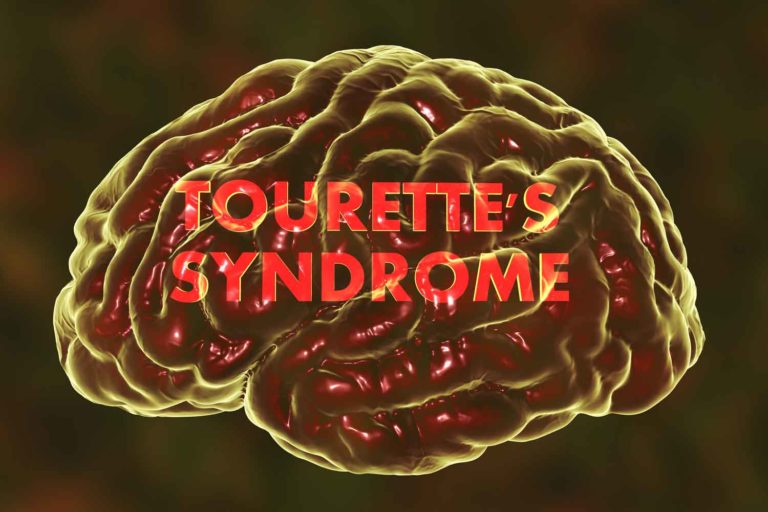
Researchers have used studies to examine the effects of cannabis on a number of different ailments. These ailments can range from musculoskeletal pain, Crohn’s disease, and nicotine withdrawal symptoms. Additionally, a recent study looked into using cannabis to treat another ailment, specifically Refractory Tourette’s Syndrome. The study involved using a combination of palmitoylethanolamide (PEA) and oral THC to treat the ailment.
Description
Before going into the study, it is important to understand the description of refractory diseases, Tourette’s syndrome, and palmitoylethanolamide. Refractory refers to a disease or condition that doesn’t respond to treatment. Tourette’s syndrome is a neurological disorder that is characterized by sudden, repetitive, rapid, and unwanted movements or vocal sounds. These “tics” can come and go, varying in type, frequency, location, and severity. As such, refractory Tourette’s syndrome is a version that doesn’t respond to treatment.
Palmitoylethanolamide, or PEA, is a chemical people make from fat and is found naturally in the human body as well as some foods. Researchers use it for a number of different ailments including pain, fibromyalgia, and infections of the airway.
Study
In the study, a team of researchers from Yale University gave participants the aforementioned combination of oral THC (10 mg) and PEA (800 mg) for a period of 12 weeks. They examined the safety, tolerability, and dosing of THX-110 (the combination) on Tourette’s syndrome. For the 12 weeks, the researchers gave the 16 adults the combination. Then, the researchers offered an extension period of an additional 24 weeks.
Be aware that the study doesn’t go into detail about how much or how frequently they gave a dosage of THX-110.
Results
The researchers found that the tic symptoms significantly improved over time of the treatment. They found that the symptoms’ improvement was statistically significant within one week of starting treatment. 12 of the 16 participants continued the extension phase and only two dropped out early.
Side effects occurred, but researchers managed them by decreasing the Delta 9 dose, slowing the dosing titration (or limiting side effects through other methods), and shifting dosing to nighttime.
Discussion
The fact that patients could use cannabis when combined with PEA to treat the symptoms of refractory Tourette’s syndrome means that it could treat ailments with similar symptoms. For instance, patients of Parkinson’s possibly could use it to treat pain and potentially the physical symptoms as well. Additionally, cannabis could possibly be used to treat stuttering as well, which has similar symptoms to Tourette’s syndrome. Even better, however, is the possibility of an ailment that previously didn’t have a treatment has a potential one. However, researchers will need to perform more studies before they can definitively prove this.
Hopefully, as researchers continue to look into the benefits of cannabis, they will be able to definitively prove them.
Make sure to check back for more cannabis and hemp related news.